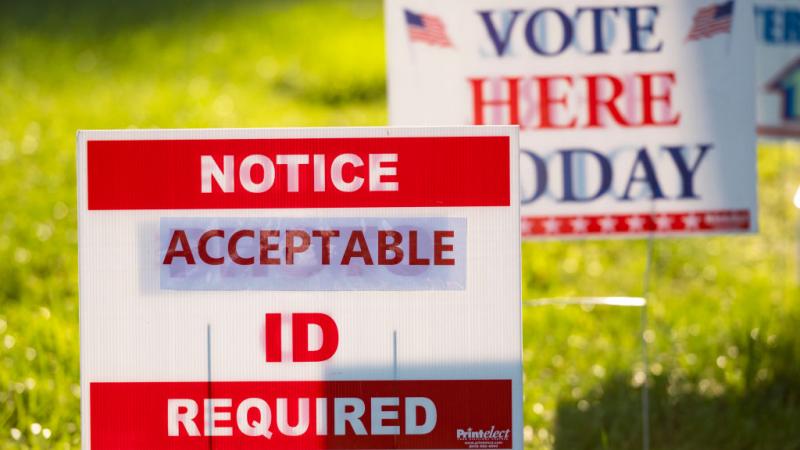'Nonsense': Judge halts California law that punishes doctors for 'misinformation'
The licensed California physicians had argued that the COVID misinformation law violated their constitutional rights.
A federal judge has halted California from implementing a law allows medical professionals to be punished for giving patients information about COVID-19 that is "contradicted by contemporary scientific consensus."
U.S. District Judge William Shubb on Wednesday ruled that the "consensus" on COVID is so vague and ill-defined that the physician plaintiffs are "unable to determine if their intended conduct contradicts the scientific consensus, and accordingly 'what is prohibited by the law.'"
The judge granted preliminary injunction to the five plaintiffs, who were represented by the non-profit legal group the New Civil Liberties Alliance.
"COVID-19 [is] a disease that scientists have only been studying for a few years, and about which scientific conclusions have been hotly contested. COVID-19 is a quickly evolving area of science that in many aspects eludes consensus," Shubb stated.
The licensed California physicians had argued that the COVID misinformation law violated their First Amendment free speech rights and their 14th Amendment due process rights.
Jenin Younes, counsel for the plaintiffs, said after the ruling that the law "creates an impossible standard for physicians to follow and would result in silencing physicians who disagree with state orthodoxy" and the judge's speedy decision "no doubt reflects the significance of the constitutional problems the law presents."
Younes also said the "speed with which [Shubb] issued his decision no doubt reflects the significance of the constitutional problems the law presents, as well as the negative consequences it would have for doctor-patient relationships."
The doctors last fall sued Democrat Gov. Gavin Newsom, Attorney General Rob Bonta and the Medical Board of California.
The Sacramento Bee reports that Shubb called the misinformation definition "nonsense" in a hearing Monday. The judge said doctors were familiar with following a "standard of care" but not a "contemporary scientific consensus," a term he called "unconstitutionally vague" and "grammatically incoherent."















